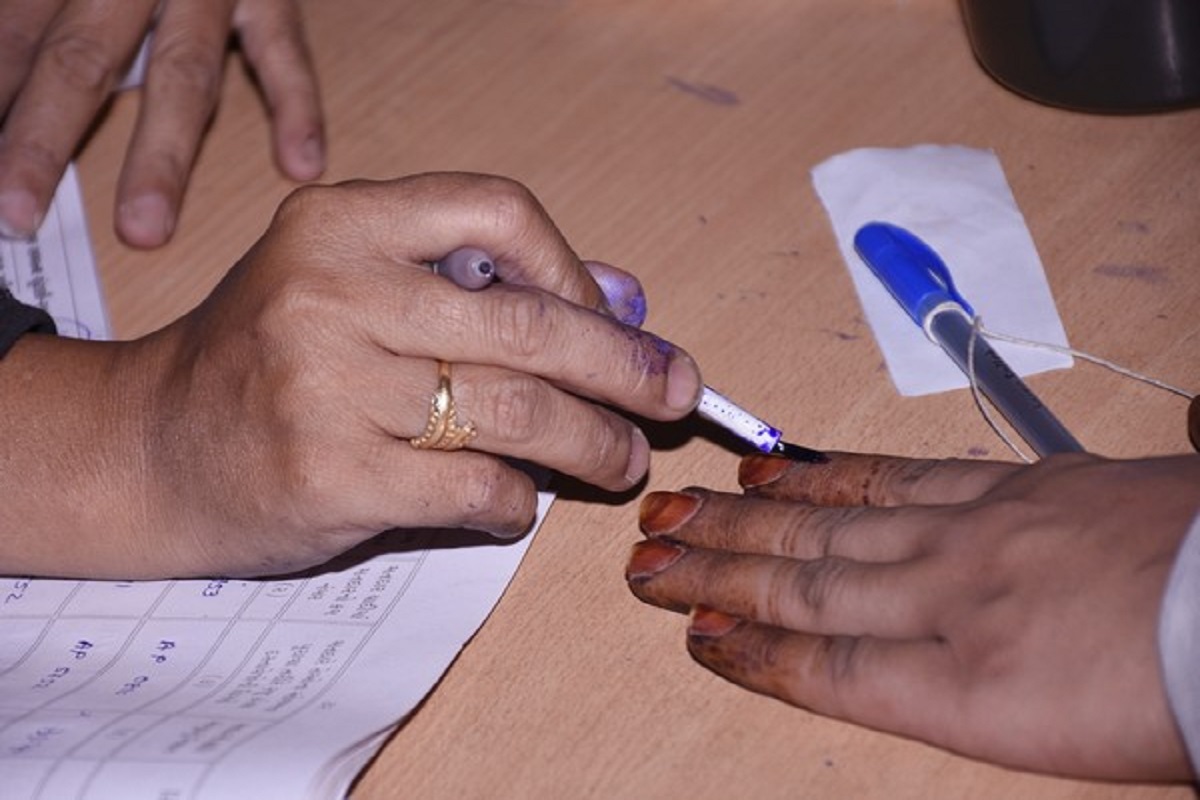India assumes Chair of Asian Disaster Preparedness Centre
India and eight neighbouring countries including Bangladesh, Cambodia, China, Nepal, Pakistan, Philippines, Sri Lanka and Thailand are the founding members of ADPC
As India gears up for the impending Lok Sabha polls, the nation finds itself at a crossroads, grappling with multifaceted challenges that resonate deeply with its citizens.

Representational Image (Photo:ANI)
As India gears up for the impending Lok Sabha polls, the nation finds itself at a crossroads, grappling with multifaceted challenges that resonate deeply with its citizens. A recent survey sheds light on the prevailing sentiments, highlighting three pivotal issues that are poised to shape the electoral landscape: unemployment, price rise, and development. Unemployment emerges as a poignant concern, echoing the struggles of millions of young Indians striving to secure a foothold in the job market. With nearly three-fifths of respondents expressing heightened difficulty in finding employment compared to the past five years, the gravity of the situation cannot be understated.
The staggering statistic from the International Labour Organisation report, revealing that 82.9 per cent of the unemployed population comprises youths, underscores the urgency of addressing this pressing issue. Coupled with unemployment is the spectre of price rise, casting a shadow of uncertainty over the livelihoods of ordinary citizens. Rural respondents in particular lament the escalating cost of living, amplifying their economic anxieties. This sentiment is compounded by the fact that price rise has witnessed a notable uptick since 2019, exacerbating the burden on already strained households. The palpable apprehension surrounding inflation underscores the need for targeted policy interventions to alleviate the financial strain on vulnerable segments of society.
In contrast, the discourse surrounding development emerges as a contentious terrain, with divergent perspectives shaping public opinion. While Prime Minister Narendra Modi’s emphasis on development resonates with a significant portion of voters, a sizeable contingent remains disillusioned, perceiving the benefits of progress to be skewed in favour of the affluent. The dichotomy between the rhetoric of development and its perceived reality underscores the imperative of inclusive growth that uplifts all segments of society, transcending partisan divides. Amidst these overarching concerns, the spectre of corruption looms large, casting a shadow of doubt over the efficacy of governance. Despite only a minority explicitly citing corruption as a key issue, the pervasive sentiment of a rise in corruption underlines the erosion of trust in public institutions. This underscores the imperative of robust accountability mechanisms to uphold the integrity of democratic governance and restore public faith in the political establishment.
Advertisement
Furthermore, the resonance of issues such as the farmers’ protests underscores the potency of grassroots movements in shaping the political discourse. The clamour for a Minimum Support Price guarantee serves as a poignant reminder of the enduring struggles faced by agricultural communities, highlighting the imperative of responsive governance that addresses the aspirations of all citizens. As India stands at the cusp of a pivotal electoral juncture, the convergence of unemployment, price rise, and development underscores the imperative of responsive governance that prioritises the welfare of its citizens. Only through concerted efforts to address the root causes of discontent can India realise its full potential as a vibrant democracy committed to the principles of equity and justice for all.
Advertisement